Can you tell me the difference between a simple and a combination herbal formula, and why you only seem to use simples? Thanks.
Susun’s response:
A “simple” is one herb used at a time. A “simpler” is an herbalist who generally uses herbs one at a time, rather than in combinations.
Why use simples? Most herbalists I have met—whether from China or Japan, Eastern or Western Europe, Australia or North America—use herbs in combinations. Simplers, like myself, don’t. Why?
Because I believe that herbal medicine is people’s medicine, I seek to make herbal medicine simple: as simple as one herb at a time. Because people worry about interactions between the drugs they take and herbs, I keep it simple: with simples, interactions are simple to observe, and simpler to avoid. Because empowerment in health care is difficult, I want to offer others easy, safe herbal remedies: and what could be easier, or safer, than a simple?
Simples Make Me Think: when I was just getting started with herbs, one thing that confounded me was the many choices I had when I began to match symptoms to the herbs that relieved them. If someone had a cough should I use garden sage or wild cherry bark or pine sap or mullein or coltsfoot (to name only a few of the many choices)? One way out of this dilemma was to use them all. I made many cough syrups that contained every anti-cough herb that I could collect. And they all worked.
As I got more sophisticated in my herbal usage, and especially after I completed a course on homeopathy, I began to see that each herb had a specific personality, a specific way of acting. I realized I couldn’t notice the individual actions of the herbs when they were combined.
It felt daring at first to use just one herb. Would wild cherry bark tincture all by itself be enough to quell that child’s cough? Yes! Would mullein infusion alone really reduce a person’s asthmatic and allergic reactions? Yes! Would sage soaked in honey for six weeks ease a sore throat? Yes! Each herb that I tried as a simple was successful. They all worked, not just together, but by themselves.
The more I used individual herbs the more I came to know them as individuals. The more I used simples, the simpler and more successful my remedies became. The more I used one herb at a time, the more I learned about how that herb worked, and didn’t work.
Simples Are Intimate: when we use one herb at a time, we come to know that herb, we become intimate with that herb. Just as we become intimate with each other by spending time one-on-one, tete-a-tete, simply together, we become closer to the herbs when we use them as simples.
Becoming intimate with an herb or a person helps us build trust. How reliable is the effect of this herb? When? How? Where does it fail? Using simples helps us build a web of green allies that we trust deeply. Simples help us feel more powerful. They help abate our fears, simply, safely.
Simples Are Subtle: using one herb at a time gives us unparalleled opportunities to observe and make use of the subtle differences that are at the heart of herbal medicine. When we use simples we are more likely to notice the many variables that affect each herb: including where it grows, the years’s weather, how we harvest it, our preparation, and the dosage*. The many variables within one plant insure that our simple remedy nonetheless touches many aspects of a person and heals deeply.
One apprentice tinctured motherwort flowering tops weekly through its blooming period. She reported that the tinctures made from the younger flower stalks had a stronger effect on the uterus; while those made from the older flower stalks, when the plant was going to seed, had a stronger effect on the heart.
Simples Give Me Power: using one herb at a time helps me feel more certain that my remedy has an active value, not just a placebo value. Using one plant at a time, and local ones at that, reassures me that my herbal medicine cannot be legislated away. Using one plant at a time allows me to build trust in my remedies. Using one plant at a time is a subversive act, a reclaiming of simple health care.
Combinations erode my power, activate my “victim persona,” and lead me to believe that herbal medicine is best left to the experts.
From Complex to Simple—take the challenge! Use simples instead of complex formulae. Simples are fun. Give them a try.
* Among the many variables, I have especially noticed that the tinctures that I make with fresh plants are many times more effective than tinctures made from dried plants. My elders tell me that preparations of common plants growing in uncommon places will be stronger as well. Many herbalists are aware of certain areas of their land that nurture plants that are particularly potent medicines.
photos: Wise Woman Spiral ©iStockphoto.com / Chuck Spidell

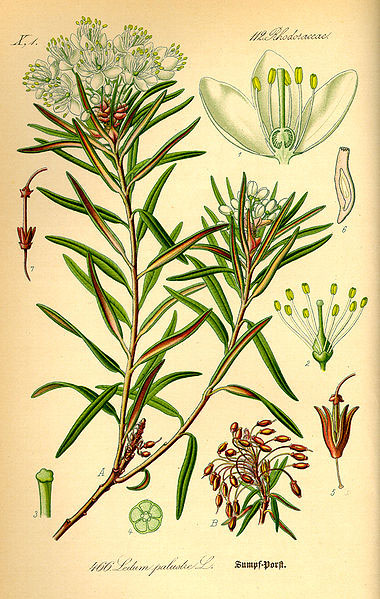
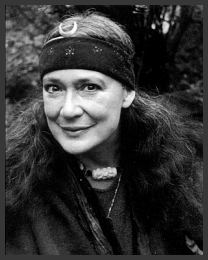
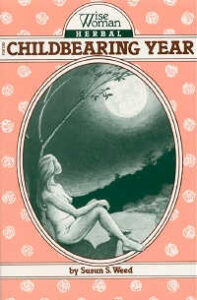
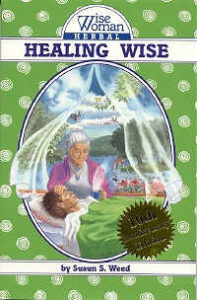
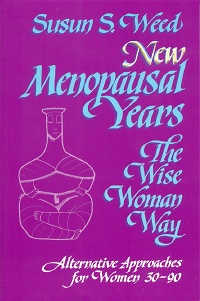
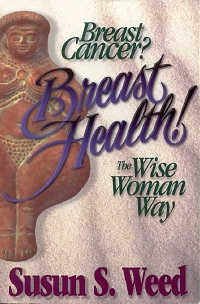
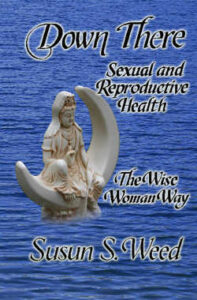
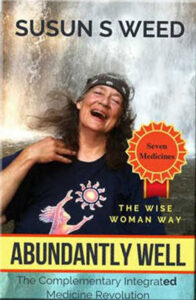



0 Comments